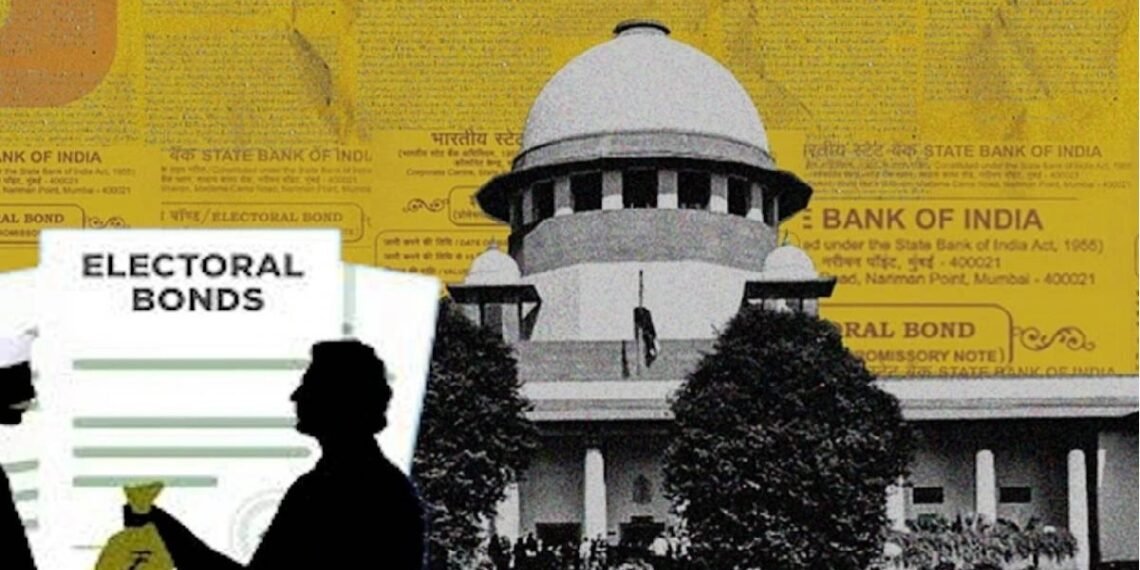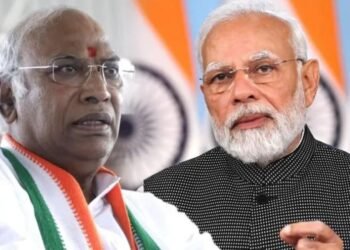In response to a court order, the State Bank of India (SBI) Chairman, Dinesh Kumar Khara, submitted a compliance affidavit to the Supreme Court on Wednesday regarding the electoral bonds case. In it, he stated that the bank had given the Election Commission information regarding the purchase and redemption of bonds between April 14, 2019, and February 15, 2024.
Details Revealed in Affidavit: Electoral Bonds Transactions
According to the affidavit, these particulars consist of the date the electoral bonds were purchased, the names and denominations of the purchasers, the date the bonds were encashed, and the names of the political parties that received donations.
According to the affidavit, 22,030 of the 22,217 electoral bonds that were bought were redeemed between April 1, 2019, and February 15, 2024. On the other hand, 1,609 of the 3,346 electoral bonds that were bought between April 1, 2019, and April 11, 2019, were redeemed. Interestingly, the 2019 Lok Sabha elections started on April 11.
It continues, “A total of 18,871 electoral bonds were purchased and 20,421 redeemed between April 12, 2019 and February 15, 2024.”
Electoral Bond Details Received by EC; Supreme Court’s Stance
The EC received the electoral bond details in digital format from the SBI on Tuesday. Following Chief Election Commissioner Rajeev Kumar’s return from Jammu and Kashmir on Wednesday night, Commission officials will examine the data. By March 15, the EC is supposed to post the information that the SBI provided on its website.
Also Read: Delhi CM Arvind Kejriwal calls CAA a “Dangerous move” ahead of Lok Sabha elections 2024
The Supreme Court denied the State Bank of India’s request on Monday for an extension of time to furnish information about the purchasers of election bonds and the political parties that cashed them. The court directed the parties to provide the data to the Election Commission by Tuesday at the latest. It had also threatened to take legal action if the bank did not follow the deadlines it had set in Monday’s order, and it had requested an affidavit from the Chairman and Managing Director of SBI regarding compliance with its instructions.
On February 15, the Supreme Court declared the electoral bonds program to be “unconstitutional” and invalidated it. By purchasing electoral bonds from the SBI, individuals and corporations were able to make anonymous financial contributions to political parties. Remarkably, the information about voters who bought electoral bonds was only available to the SBI.













